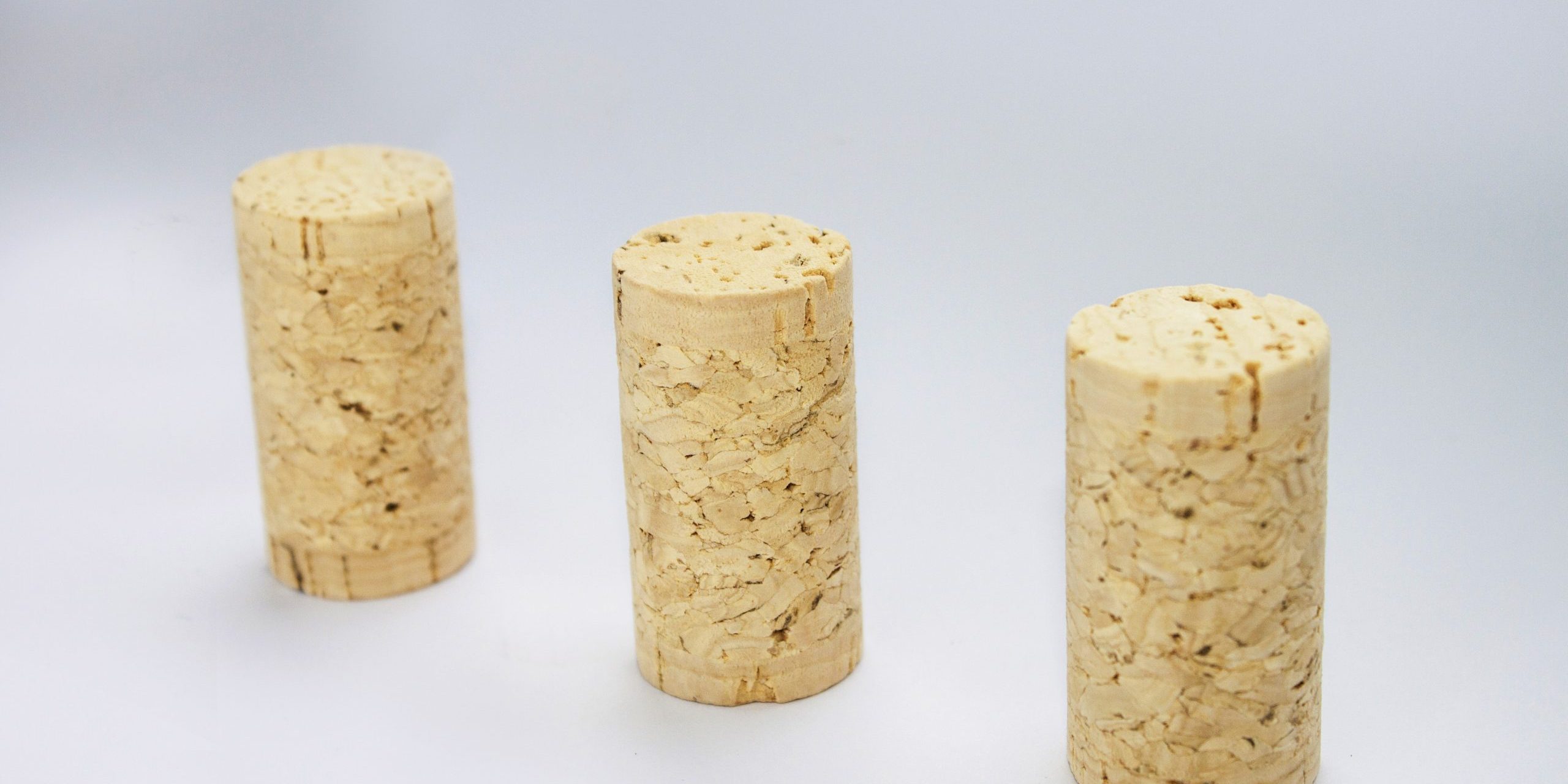Five to ten years ago there were various people declaring that the cork industry would be largely consigned to history as screw caps take over from cork stoppers for wine bottles, but in fact over recent years corks have been increasing their share of the market rather than losing it. The truth is that the major players in the cork industry had become complacent and the threat of screw caps and even plastic stoppers precipitated a spate of innovation which has left the cork industry in a much stronger position.
Going into a cork factory now you see a lot of changes from what they would have looked like ten years ago – one of the big changes is that you see serious looking people with clipboards and white coats walking round; these are the lab staff who control quality and who have been largely responsible for virtually eliminating TCAs (the chemicals from corks that can taint wine) from cork production, by introducing new treatments and dramatically improving quality control.
The other major difference in cork production is that technical corks have become a major part of the wine stopper market. Technical corks in their most common form (known as 1+1 corks) consist of an agglomerated cork body with a natural cork disc on each end. So the wine only comes in contact with natural cork (rather than agglomerated cork and the synthetic adhesives that this contains) and the user sees natural cork whilst the cork is still in the bottle, making the appearance much more attractive.
The technical corks are much lower cost than natural wine corks (for example, depending on quality they may cost say 60 euros per thousand rather than 120 euros per thousand for natural wine corks), but they have many of the benefits of natural wine corks. So although they may be a little more expensive than screw caps they are a compelling alternative, because not only do they lend the wine the quality feel that natural corks give, with the vastly improved quality control that corks come with nowadays, they also give the winemaker total security that their wine will be safe inside the bottle.








